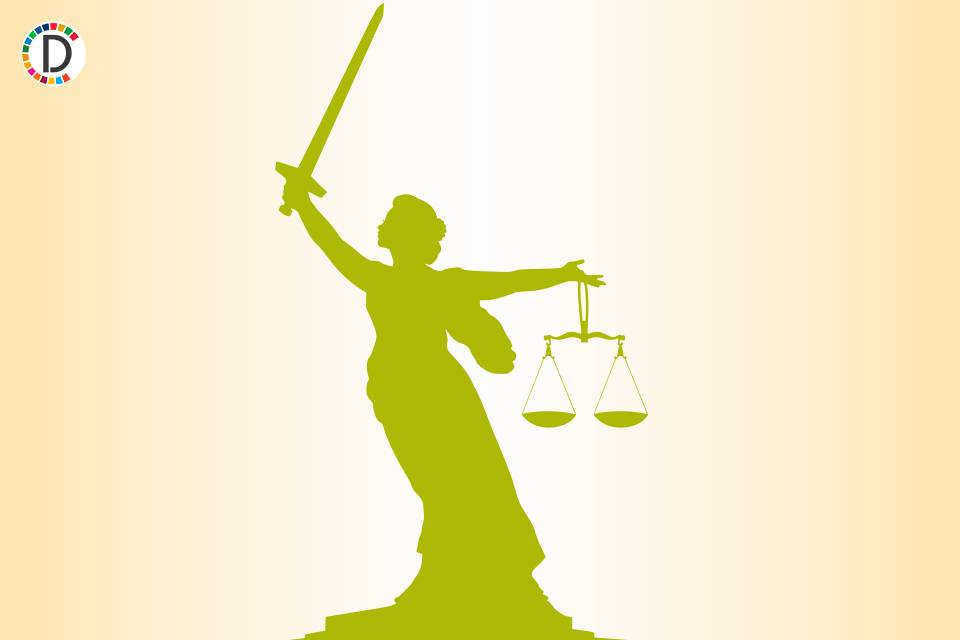Trial over JetBlue's Spirit merger ends with US judge mulling options

A federal judge considering the U.S. Justice Department's bid to block JetBlue Airways' proposed $3.8 billion acquisition of Spirit Airlines raised the possibility on Tuesday of letting the deal proceed if JetBlue divests more assets as the antitrust trial wrapped up. U.S. District Judge William Young told a JetBlue lawyer that he expected airline fares would rise if no-frills, ultra-low-cost Spirit no longer was around to "undercut everyone else" and drive down prices.
But the judge, who will decide the case in the non-jury trial in Boston, told both sides that he was having "trouble" with the Justice Department's request for a permanent injunction blocking a deal in a "dynamic industry facing unique opportunities and challenges in the post-COVID environment." Young raised the prospect of further divestitures by JetBlue, which has already agreed to sell-off gates and slots at airports in New York City, Boston, Newark, New Jersey and Fort Lauderdale, Florida, to try to address U.S. regulators' concerns.
Lawyers for both sides delivered closing arguments in a trial that began on Oct. 31. The Justice Department, six U.S. states and the District of Columbia sued in March to challenge the merger as unlawfully harmful to competition in the airline industry. Young said he had "seen cases where a court has decided the divestitures were close but not sufficient and then has proceeded to say this would pass muster if there were this divestiture or that divestiture."
Stressing his questions were not meant to signal how he would rule, Young asked Justice Department attorney Edward Duffy if he should do something similar if he concludes "what I have before me is insufficient and warrants some restraint" but that "with some more divestitures it might work." Duffy responded that "there does not seem to be a remedy other than a full-stop injunction that would restore competition."
But JetBlue attorney Ryan Shores said it was within Young's power to craft such an order. The case is part of an effort by President Joe Biden's administration to preserve competition among the lowest cost airlines and step up antitrust enforcement in various industries, an initiative that has yielded mixed results in court.
Shores in his closing argument told the judge that the proposed merger was pro-consumer and was critical to allowing JetBlue to become a "viable, disruptive national challenge to the industry's dominant airlines." The four largest U.S. carriers - United Airlines, American Airlines, Delta Air Lines and Southwest Airlines - control 80% of the domestic market. JetBlue and Spirit combined control about 8%, according to their lawyers.
Shores said that unlike the largest airlines that are flourishing in the aftermath of the COVID-19 pandemic industry disruptions, lower-cost companies like JetBlue and Spirit have faced significant financial headwinds that would stifle their ability to meaningfully challenge the biggest airlines on their own. Duffy said allowing JetBlue's, the sixth-largest U.S. airline, and Spirit, the seventh-largest, to merge would result in higher prices and fewer flights once lower-cost Spirit was no longer competing. JetBlue itself expects to raise fares 30%, Duffy said.
"This transaction is a bad deal for consumers," Duffy said. "It risks reduction in competition."
(This story has not been edited by Devdiscourse staff and is auto-generated from a syndicated feed.)










